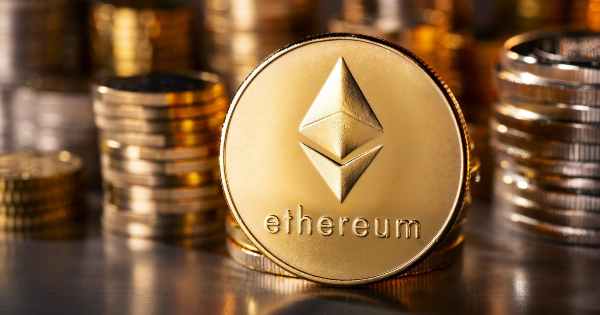At the heart of 以太幣價格 innovation lies its Turing-complete programming language, Solidity, which enables developers to create self-executing smart contracts. These contracts autonomously facilitate, verify, or enforce the negotiation or performance of an agreement, thereby eliminating the need for intermediaries in various sectors, including finance, real estate, supply chain, and more. This not only enhances efficiency but also reduces the risk of fraud and manipulation.
Crucially, Ethereum introduced the concept of decentralized autonomous organizations (DAOs), which are entities governed by code and run on the blockchain. DAOs have the potential to revolutionize traditional corporate structures by enabling transparent, democratic decision-making processes and minimizing hierarchical control.
However, Ethereum has not been without its challenges. The platform initially operated on a Proof of Work (PoW) consensus mechanism, which raised concerns about energy consumption and scalability. In response, Ethereum is transitioning to Ethereum 2.0, a major upgrade that shifts the consensus mechanism to Proof of Stake (PoS), significantly reducing energy usage while increasing transaction throughput.
Ethereum’s influence extends far beyond its technological advancements. The creation of Initial Coin Offerings (ICOs) and the subsequent rise of tokenization allowed startups to raise funds in an innovative manner, sparking a wave of innovation in the blockchain space. Ethereum’s native cryptocurrency, Ether (ETH), also emerged as a major player in the crypto market, serving not only as a digital currency but also as “gas” to power transactions and execute smart contracts.
In conclusion, Ethereum continues to shape the decentralized landscape with its pioneering technologies and concepts. As it evolves towards Ethereum 2.0, the platform is poised to address its scalability and energy concerns, further cementing its position as a trailblazer in the world of blockchain and decentralized applications. Whether it’s reimagining financial systems, transforming governance, or powering new forms of digital interaction, Ethereum remains a driving force in the ongoing technological revolution.
